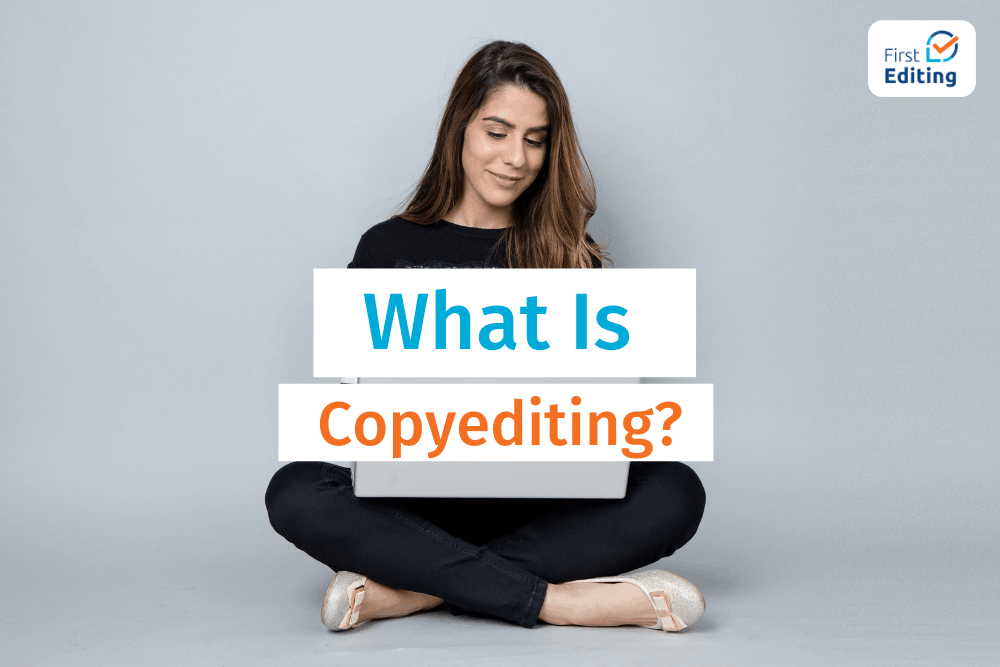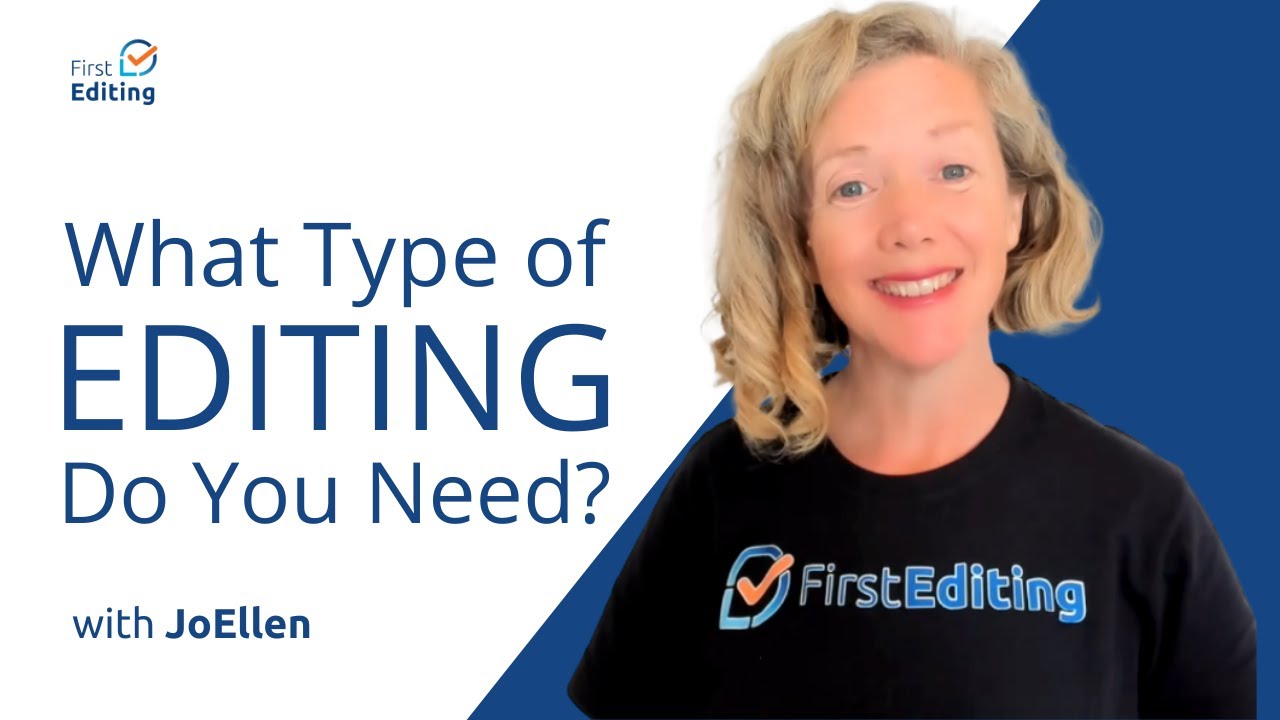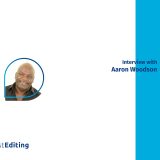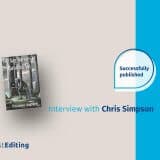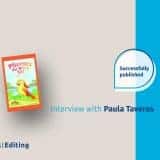
What is Copyediting? When a writer seeks a copyedit from a professional editor, he or she is getting much more than someone who’s going to fix the punctuation and spelling.
Most writers realize that if they want to take their manuscript further than the hard drive of their computer, or want their paper or dissertation to be received well, or want a journal to publish their article, a good, thorough copyedit is in order. And a lot of writers, instead of leaving the quality of the editing to chance, seek the services of a professional editor.
Good for them! Because what those writers are getting is more than someone who is going to fix their punctuation and spelling (as important as that is). What they’re getting is a partner in their project. Someone who not only knows where the commas go and that they meant “gait” instead of “gate” and when to use “that” instead of “which,” but also someone who knows where the transitional phrases should be. Someone who can tell you that your plot isn’t working, your character development is off or your references aren’t formatted correctly. Or that cell phones WERE NOT being used in 1975.
They are getting the services of a professional who knows what is correct. And how to fix what is not. Because that is what professional editors do. They look at the work as a whole — whether it is a 300-word web article or a 160,000-word manuscript — and help the writer bring it to the next level. There is nothing that will turn off a booking agent, journal publisher, or any other professional a writer pitches his or her work to, then mistakes. And mistakes can be anything: typos, the wrong word (this happens a lot for people who rely on spell-check), bad formatting, factual mistakes…the list is endless.
So, as the writer’s partner, the professional editor is not only editing the book, is not only the second set of eyes but is also a guiding hand that ensures that the project as a whole is okay.
And, as a partner, the professional editor also recognizes the writer’s role in the project. A professional editor’s services support and guide a writer. Once the professional copyedit is complete, the writer will probably have some more work to do. That’s because the professional editor will make suggestions or ask questions that help guide the writer, rather than just rewriting what is “wrong” with the book or paper.
And, when all is done, the writer can be proud that he or she has a professional, correct book, article, or dissertation that will wow a publisher.
With the proliferation of editing services, it is not easy to find out what to expect when submitting your document for review. While the terminology can be confusing and may vary depending on the country and field of study, the nomenclature still in prevalent use draws upon the traditional publishing and production of print media. In that respect, a clear distinction between copyediting and proofreading can be made.
Put simply, it is the work on a manuscript that is still in the development stage and may require several rounds of revision to polish the content and style. On the other hand, proofreading is relatively restrictive in scope and pertains solely to correcting spelling and punctuation and ensuring consistency in the presentation of text. Taking book publishing as an example, when first submitted, the author would work closely with a copy editor (or an entire team) to make sure that its content is perfected, presented in the most appropriate order, delivers the right message, and is written in a style that best suits the target audience. Once the manuscript is finalized and ready for printing, the final version will be proofread to eliminate any typos and accidental mistakes in the presentation.
Transferring these concepts to the broader field of editing that is now benefiting a wide range of writers, from college students submitting their essays to seasoned internationally published authors, one can see that copy editing should always be the choice when seeking editorial input, as you can then benefit from the expertise of these professionals.
A copy editor should ideally be an expert in your field, as well as an exceptionally good writer with a keen eye for detail. He/she should also be familiar with all major style guides, such as APA, MLA, Chicago, Harvard, etc., as academic theses and papers in particular usually follow prescribed guidelines. Above all, a copy editor should not only correct the content you submit but provide comments and guidelines you can learn from so that you become a more proficient writer.
While some experienced writers may think that they have nothing to learn from an editor, one can always benefit from an extra pair of eyes and a fresh professional perspective.
In short, when it comes to publishing your work, the old saying “less is more” does not apply, and you should always choose it when submitting your manuscript for the professional review!

